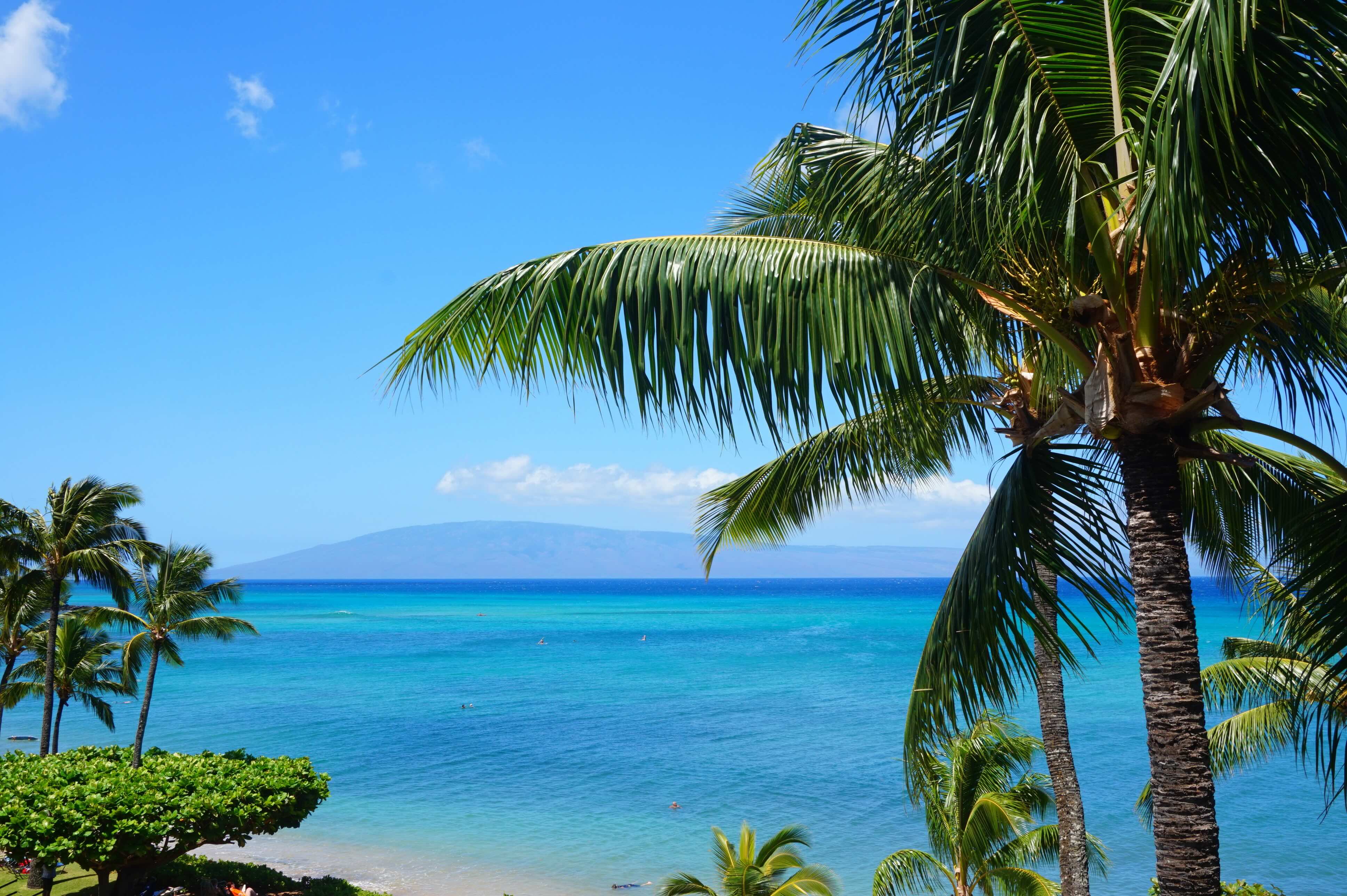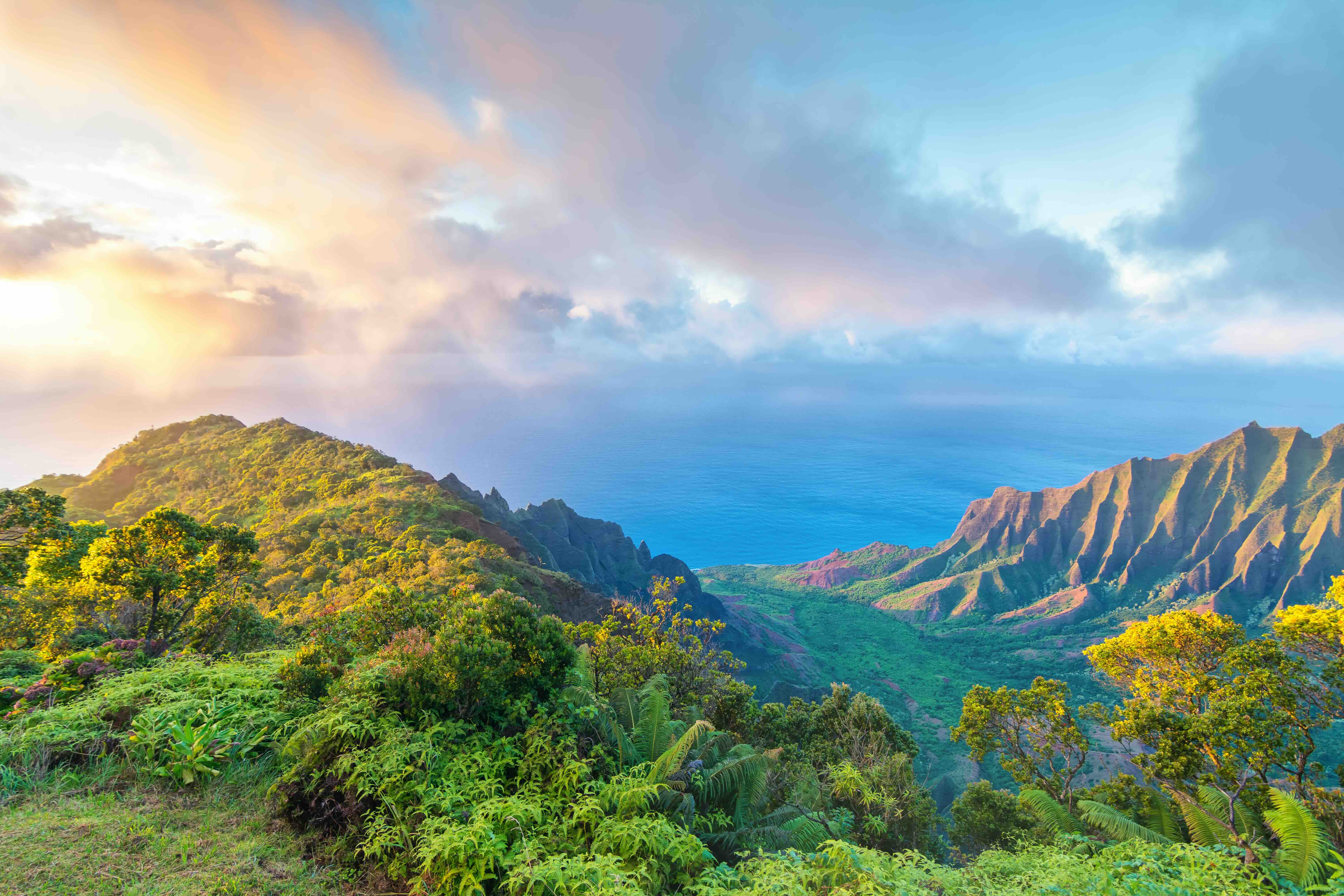
Many Communities, One Spirit
Supporting Hawaiian people, land, arts and culture.
Honored to sponsor Keiki Hula
Keiki Hula’s mission is to keep Hawaiian culture alive through dance, and in doing so, teach new generations to carry on the traditions of hula dancing. Hawaiian Bros is honored to support outreach programs like Keiki Hula who enrich Hawaiian culture in local communities as well as extend authentic Hawaiian knowledge beyond the Hawaiian Islands.
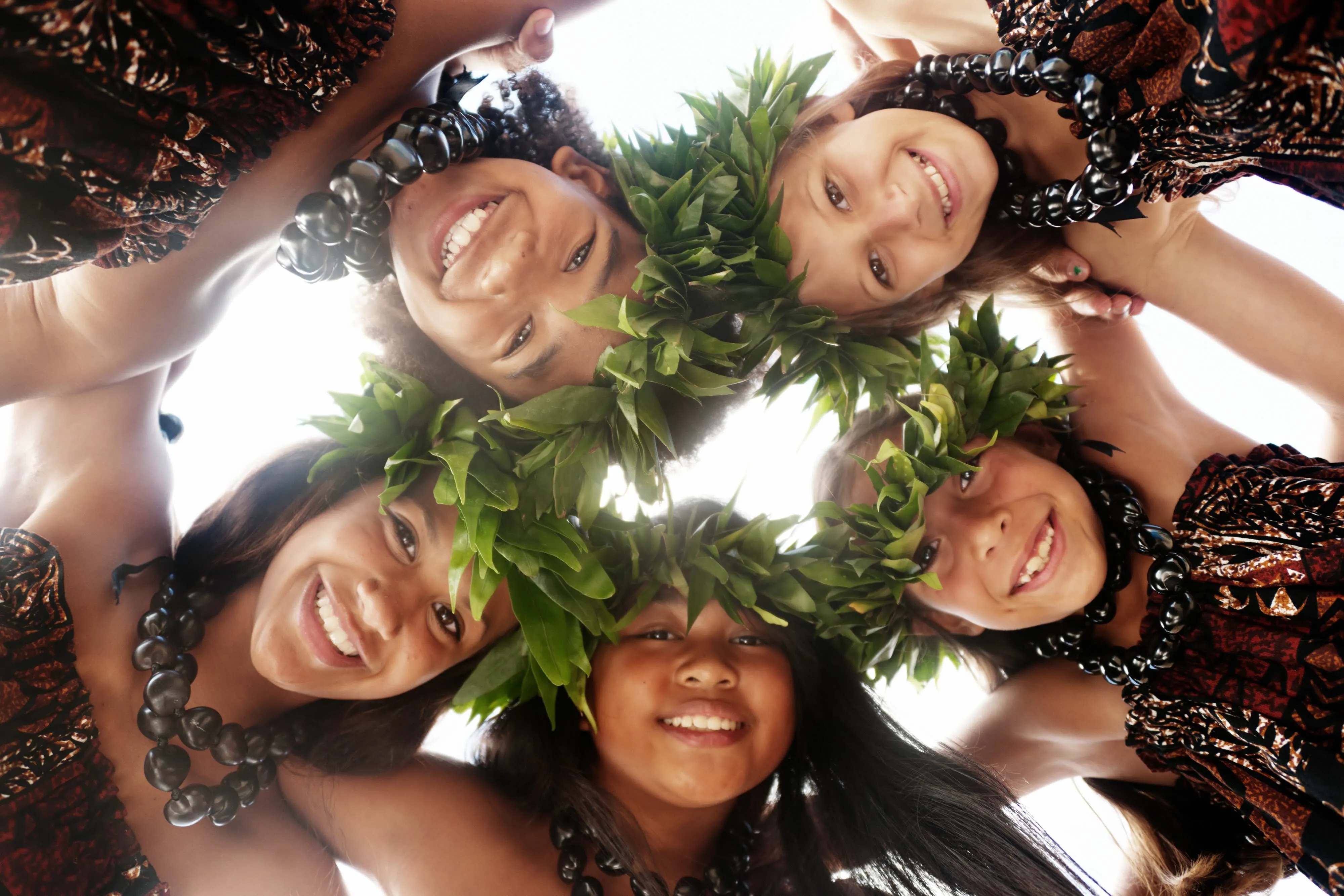


Partnering with local hālau and Hawaiian civic clubs
Hawaiian Bros is actively seeking to engage hālau (hula academies) and Hawaiian civic clubs in our local markets to help support their initiatives to bring awareness and cultural enrichment to communities. And did you know a hālau is a great way to learn traditional Hawaiian hula dances and discover performances near you?

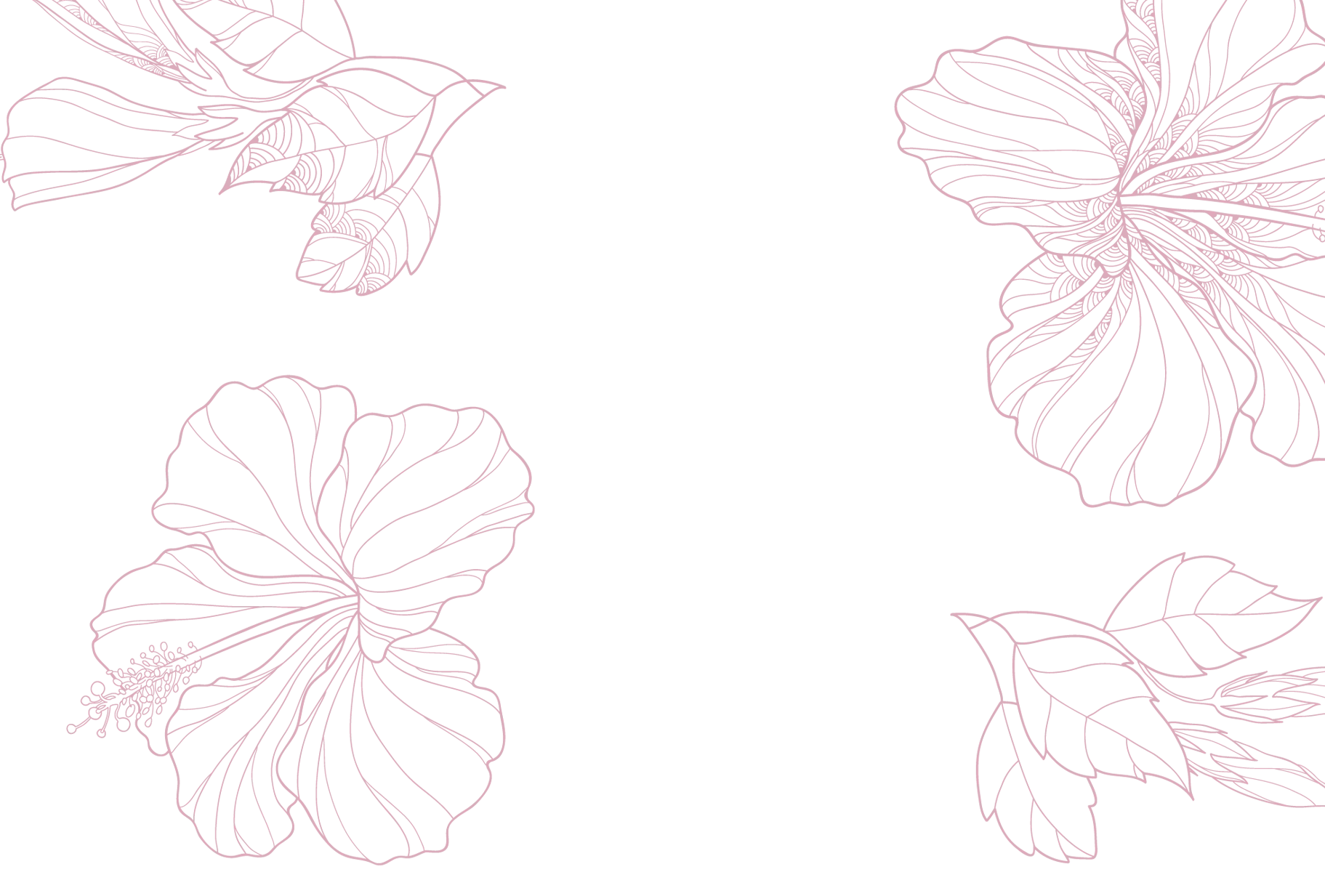
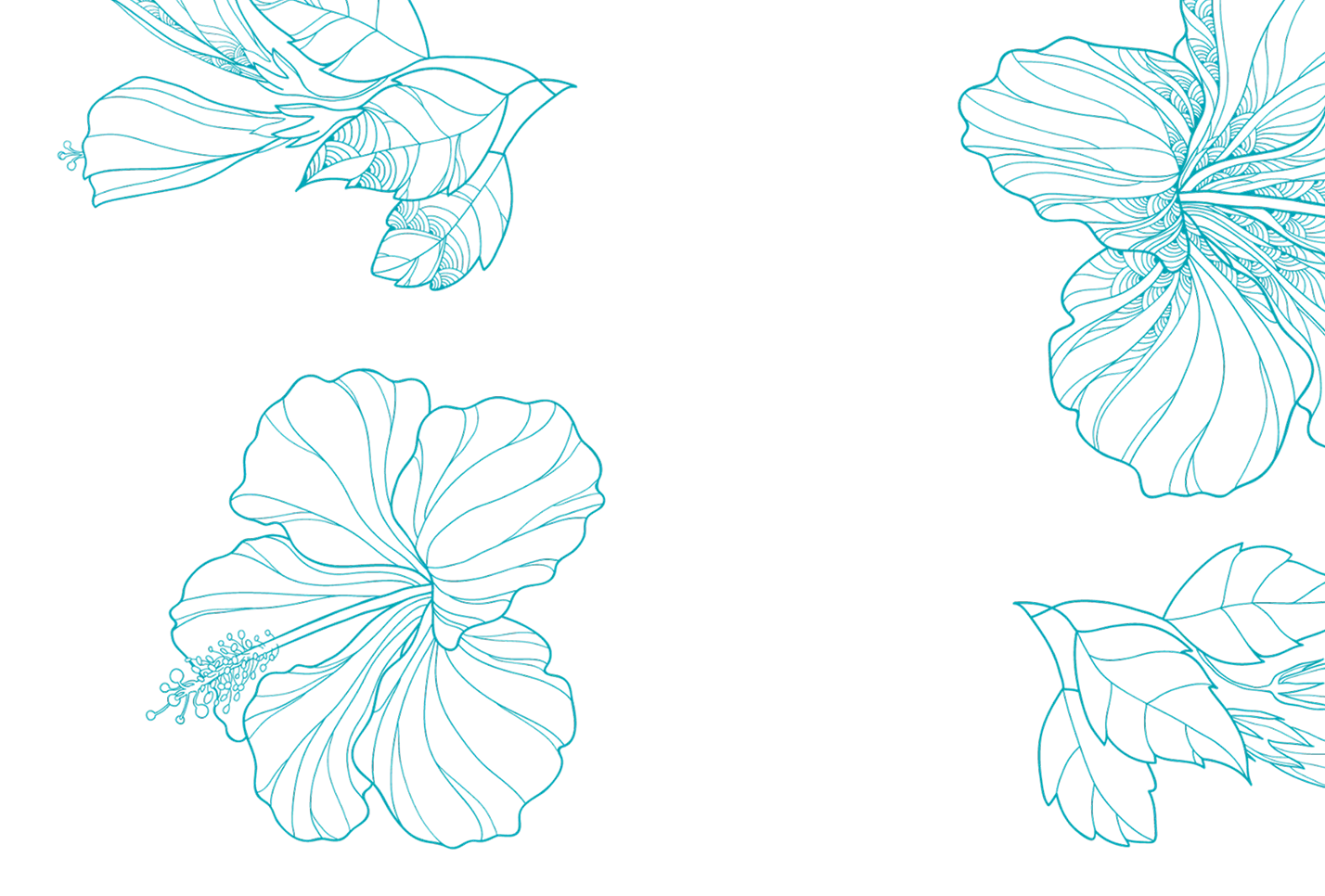
How to give back when you visit
When you come to Hawai‘i, consider voluntourism in your travel plans. When you mālama (care for or steward) – the land, the ocean, the wildlife, the forest, the fishpond or the community – you are part of a virtuous circle that enriches everything and everyone, including your experience as a visitor. There are a number of rewarding volunteer opportunities available to visitors.
Kia'i Collier on Habitat Stewardship
Volunteers leave a positive impact that lasts generations by protecting fragile habitats extending from the mountain to the ocean.
Noelani Lee on Aquaculture
Visitors restoring traditional native Hawaiian masterworks discover the secret to healing a community - and themselves.
Sam Ohu Gon III on Reforestation
Hikers are led deep into a special realm - where species found nowhere else still reign - to conserve native ecosystems and the vibrant culture they sustain.
Rick Barboza on Sustainable Farming
By perpetuating endangered plants and recreating the centuries-old methods of his ancestors, a farmer gets volunteers’ hands dirty planting not just native crops, but the seeds of Hawaii’s sustainable future.
Volunteers leave a positive impact that lasts generations by protecting fragile habitats extending from the mountain to the ocean.
Visitors restoring traditional native Hawaiian masterworks discover the secret to healing a community - and themselves.
Hikers are led deep into a special realm - where species found nowhere else still reign - to conserve native ecosystems and the vibrant culture they sustain.
By perpetuating endangered plants and recreating the centuries-old methods of his ancestors, a farmer gets volunteers’ hands dirty planting not just native crops, but the seeds of Hawaii’s sustainable future.
Speak the language of Aloha
The language of Hawai‘i has Polynesian roots, which evolved over centuries to the language used on the islands today. It is one of the oldest living languages, passed from generation to generation through spoken word story-telling until the mid-1800s when written language was introduced.
Hawaiian culture, as well as words and expressions, are rooted in nature, spirituality and family. These ideas were an important part of connecting families and sharing traditions through oral history.
Aloha
A catch-all word of good intentions and feelings. Used as a greeting or parting, but also means love, affection, kindness and goodness. In Hawaii, people do things with aloha: drive, surf, work and live.
A Hui Hoi!
Until we meet again. This is commonly said when leaving.
Hana Hou!
Do it again, or again! You commonly hear this phrase at the end of a show, concert, or performance - it's the local way of shouting “encore!”
Honu
Green sea turtle. These are endangered in Hawaii and signs on the beach often warn that touching them can result in a healthy fine.
Howzit?
How are you? A common and informal greeting. Used often in conjunction with "braddah," which is a colloquial term for "brother" or "friend".
Kamā'aina
Literally, child of the land. Used to describe any long-term resident of the Hawaiian Islands, regardless of racial background.
Kāne
Men.
Keiki
Children.
Leeward
The leeward side of an island is protected from the prevailing wind and is typically the drier side.
Mahalo
Thank you, and an attitude of gratitude.
Mauka & Makai
Mauka is towards the mountain; makai is towards the ocean. The two are used when giving directions on the islands.
'Ohana
Family, but used beyond blood relations to express love and commitment within communities and workplaces.
'Ono
Delicious. Used most often in combination with "grinds," a term for food. Hence, ‘ono grinds mean delicious food.
Pau
Done or finished. Used most often in reference to pau hana, or "after work," to mean happy hour.
Pono
Another catch-all word. It is often defined as righteousness, but can also mean proper, moral or fair.
Pūpū
Appetizer.
Shaka
The hand gesture of extended thumb and pinkie. It generally symbolizes the "aloha spirit," or the feeling of gratitude, friendship, understanding, or solidarity.
Wāhine
Women.
Windward
The windward side of an island is exposed to the prevailing wind and is the wetter side.
Ten tips for mindful travel
Travel to Hawai‘i is an opportunity to live in harmony with nature and experience a different way of life.
Part of the beauty of Hawai’i is the unhurried pace of life. Residents are friendly and laid-back, and they invite you to share the relaxed island vibe. Slow down, de-stress and, of course, enjoy!
Native Hawaiians have a saying, “Aloha aku, aloha mai.” It means: Give love, get love. When you show respect for others, and respect for the islands, you will receive it in return. Aloha is unconditional love for all life.
Caring for the land means flowers, rocks and shells should be left undisturbed. Take pictures, but leave objects and nature as they are found. Also remember that sun, surf, cliffs and wildlife can expose you to unforeseen dangers. Avoid extreme conditions, and practice common sense and safety at all times.
Get into the culture. Learn common Hawaiian words, talk to locals, try new food. You will find residents are friendly and helpful, as long as you treat them with respect and care.
Tourists may be tempted to trespass on private property or ignore warning signs when exploring the islands. Not only is this illegal, it shows a lack of restraint and is disrespectful to land owners. Don’t go there.
Hawai’i is home to protected and endangered marine animals, many of which are sacred in Hawaiian culture. Admire sea turtles, monk seals, fish, whales and dolphins from a safe distance (50 feet or more). Feeding, touching or sitting on wildlife is a definite no-no.
Coral reefs are fragile, living organisms. Walking on coral can damage or kill the ecosystem that provides vital food and shelter for fish, and protects Hawaii’s shorelines from erosion. Please walk around or swim over coral.
Sunscreens that contain harmful chemicals (oxybenzone and octinoxate) are banned in Hawai’i. These products are harmful to coral and marine life. Avoid sunburn and damage to Hawai’i’s reefs by using reef-safe sunscreen and/or protective clothing.
When driving in Hawai’i, honking and angry driving is not customary. Drive with courtesy and consideration for others. It goes back to living on island time – unhurried, harmonious, and respectful. Don’t try to be first or fastest. Instead, be pono.
Seek out ways to support the local economy, and consider the opportunity to participate in community projects sponsored by Mālama Hawai’i. Your experience will be deeper and more meaningful when you get off the beaten path and get involved.
Take the Pono Pledge
Across the Hawaiian Islands – Hawai‘i, Maui, Kaua‘i, O‘ahu, Moloka‘i and Lāna‘i – respect for the land is very important. Island communities worked together to develop the Pono Pledge, which invites tourists to embrace the aloha, or unconditional love, they have for the islands. Whether this is your first trip to Hawai‘i, or you are a seasoned visitor, join us in taking the Pono Pledge, and keep these travel tips in mind when you visit.
